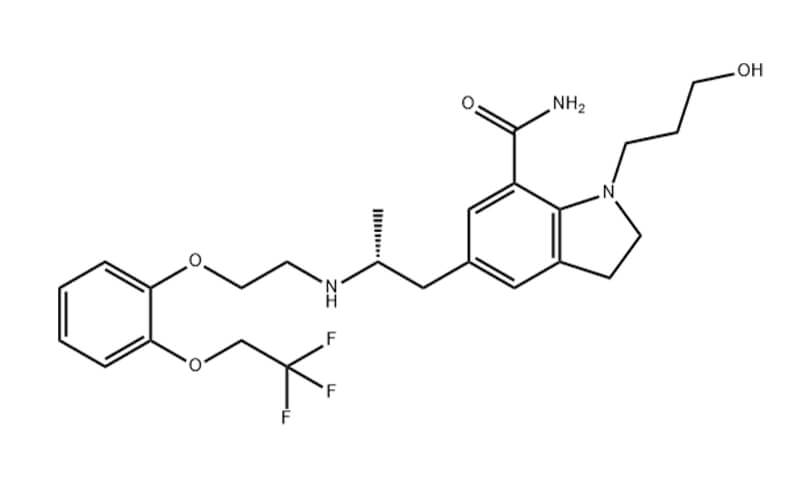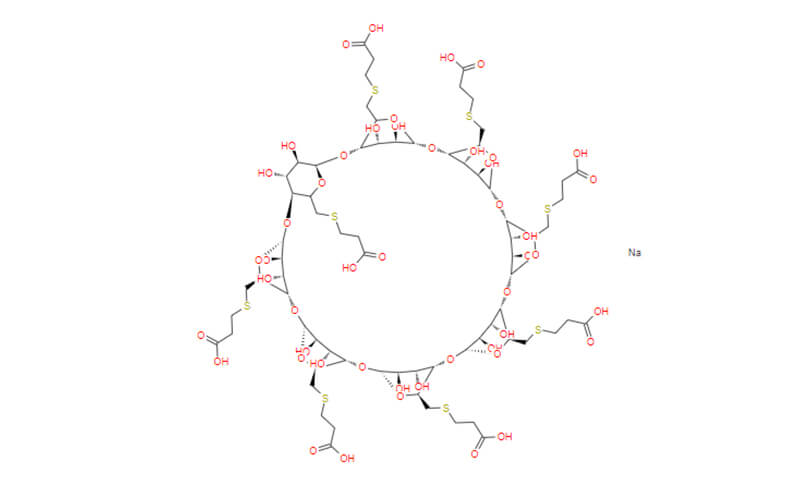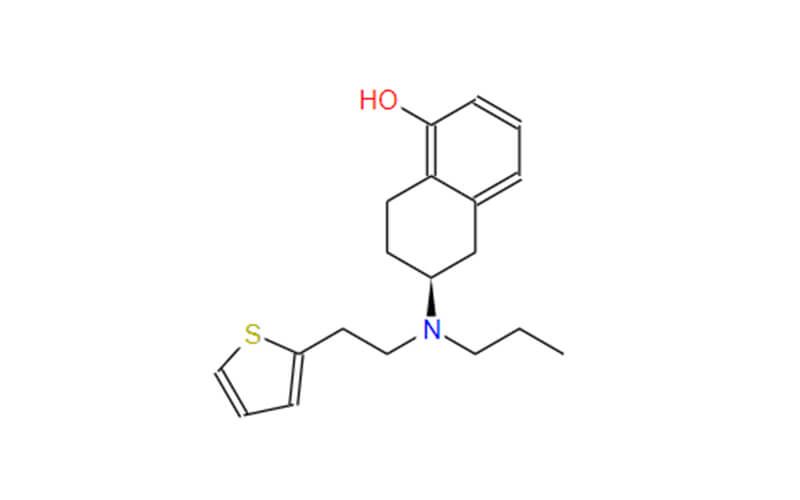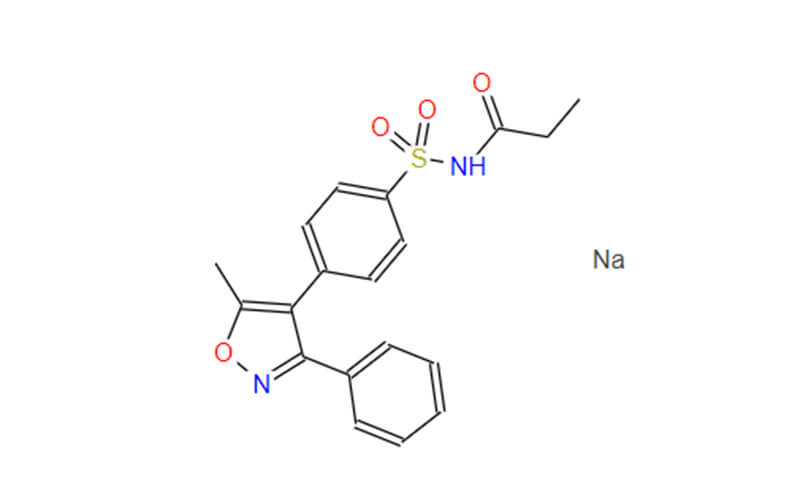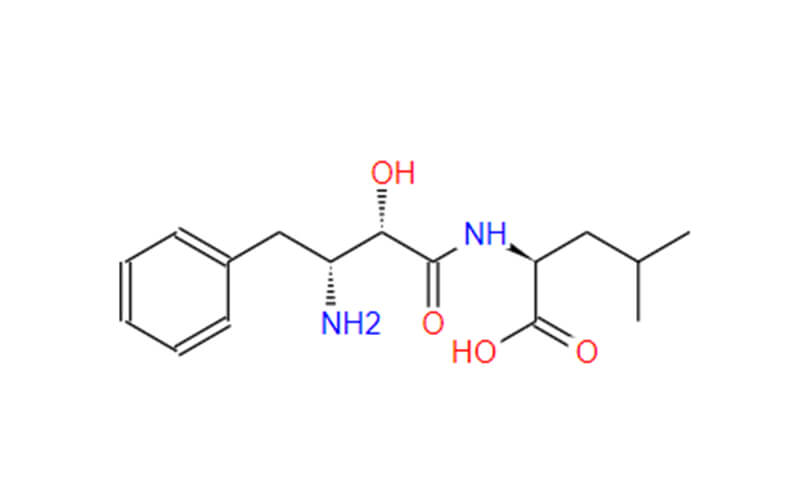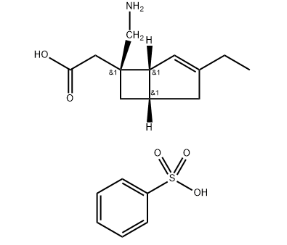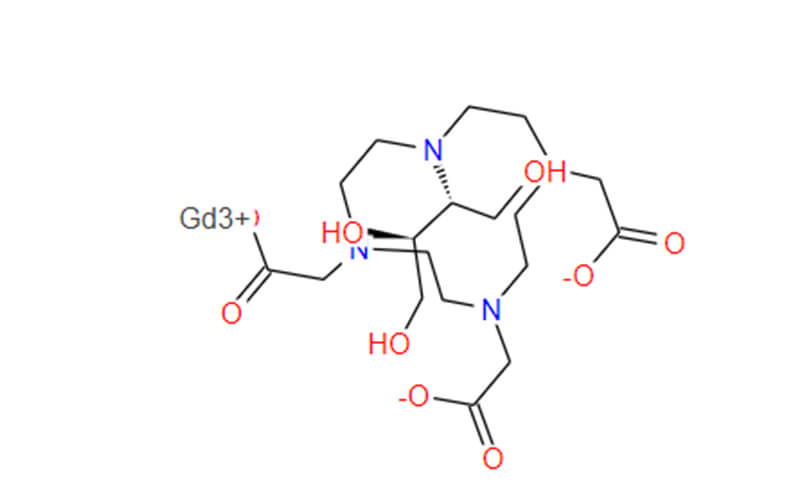Ponatinib HCL: A Targeted Therapy for CML and Ph+ ALL
Ponatinib hydrochloride (HCl), also known by its brand name Iclusig, is a medication used to treat specific types of blood cancers. This article delves into Ponatinib HCL, exploring its classification, uses, FDA approval history, and the ongoing research surrounding it.
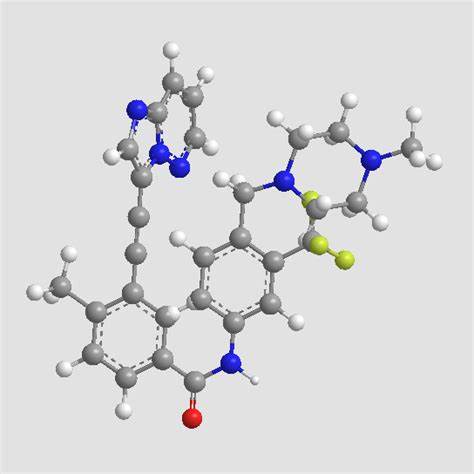
What is Ponatinib HCL?
Ponatinib HCL belongs to a class of medications known as tyrosine kinase inhibitors (TKIs). TKIs work by blocking the activity of specific enzymes called tyrosine kinases. These enzymes play a crucial role in cell signaling pathways, and their overactivity can contribute to uncontrolled cell growth, a hallmark of cancer. By inhibiting tyrosine kinases, Ponatinib HCL disrupts these pathways, potentially slowing or stopping the proliferation of cancer cells.
Ponatinib hydrochloride (HCl) is the active pharmaceutical ingredient (API) within the medication Iclusig. An API is the pure, isolated compound responsible for the drug’s therapeutic effect. Pharmaceutical companies utilize the Ponatinib API to formulate the final dosage form of the medication, which may involve combining it with inactive ingredients like binders, fillers, and disintegrants to create tablets or capsules suitable for administration.
Uses of Ponatinib HCL
The U.S. Food and Drug Administration (FDA) has approved Ponatinib HCL for the treatment of two specific types of leukemia:
- Chronic Myeloid Leukemia (CML) in Chronic Phase: CML is a blood cancer characterized by the uncontrolled growth of white blood cells in the bone marrow. The chronic phase refers to the early stage of the disease, where the white blood cell count is still relatively elevated but not yet causing significant symptoms. Ponatinib HCL is typically used in patients with CML who have developed resistance or intolerance to other TKIs, such as imatinib (Gleevec), dasatinib (Sprycel), or nilotinib (Tasigna).
- Philadelphia Chromosome-Positive Acute Lymphoblastic Leukemia (Ph+ ALL): Ph+ ALL is a fast-growing type of leukemia affecting the lymphatic system. The presence of the Philadelphia chromosome, a specific genetic abnormality, is a defining characteristic of this disease. The FDA granted accelerated approval for Ponatinib HCL for the treatment of adult and pediatric patients with Ph+ ALL in March 2024. It is important to note that accelerated approval is a process that allows for the earlier marketing of a drug that addresses an unmet medical need based on promising preliminary results. However, additional confirmatory trials are still required to verify the drug’s long-term clinical benefit.

FDA Approval of Ponatinib HCL
The FDA initially approved Ponatinib HCL for the treatment of chronic phase CML on December 14, 2012. This approval was based on clinical trials demonstrating its efficacy in patients who had become resistant or intolerant to other TKIs.
More recently, on March 19, 2024, the FDA granted accelerated approval for Ponatinib HCL for the treatment of adult and pediatric patients with Ph+ ALL. This decision was based on data from a clinical trial showing a promising overall response rate in patients who had relapsed or were refractory (not responsive) to other treatments.
Clinical Considerations for Ponatinib HCL
While Ponatinib HCL offers a valuable treatment option for patients with resistant or advanced leukemia, it is essential to consider specific factors before prescribing it.
- Efficacy: Clinical trials have established the effectiveness of Ponatinib HCL in patients with resistant CML and Ph+ ALL. However, it is crucial to weigh the potential benefits against the known side effects.
- Side Effects: Ponatinib HCL can cause a range of side effects, some of which can be severe. These include skin rashes, fatigue, diarrhea, nausea, headache, musculoskeletal pain, and hepatotoxicity (liver damage). In rare cases, it can lead to serious vascular events like arterial occlusions (blockages) and heart failure. Due to these potential risks, careful monitoring by a healthcare professional is necessary during treatment with Ponatinib HCL.
- Drug Interactions: Ponatinib HCL can interact with other medications, potentially affecting their effectiveness or increasing the risk of side effects. It is vital to inform the prescribing doctor about all medications, supplements, and herbal remedies being taken before starting Ponatinib HCL therapy.
- Pregnancy and Lactation: Ponatinib HCL can cause birth defects and is contraindicated in pregnant women. Women of childbearing potential should be advised of the potential risks and use effective contraception during treatment and for a recommended period after discontinuation. It is also not recommended for breastfeeding mothers due to the potential for serious adverse effects in the infant.
- Monitoring and Management: Regular monitoring of blood counts, liver function tests, and blood pressure is essential during treatment with Ponatinib HCL. This allows for early detection of potential side effects and facilitates prompt intervention if necessary.
- Treatment Alternatives: Several other TKIs are available for the treatment of CML and Ph+ ALL. The choice of therapy depends on various factors, including the specific type and stage of leukemia, the patient’s medical history, and response to previous treatments. A healthcare professional will consider all options and tailor the treatment plan to the individual patient’s needs and circumstances.
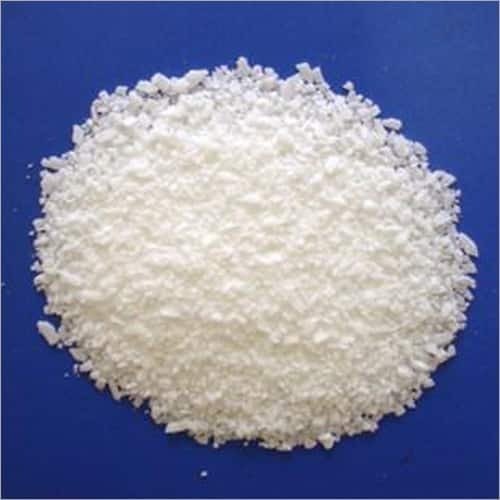
Ongoing Research and Future Directions
Research on Ponatinib HCL is ongoing, with investigators exploring its potential applications in other types of leukemia and cancers with BCR-ABL mutations. Additionally, studies are underway to develop strategies for mitigating the side effects associated with this medication. Furthermore, research is continuing to evaluate the long-term efficacy and safety of Ponatinib HCL in the treatment of Ph+ ALL, particularly in the context of accelerated approval.
Conclusion
Ponatinib HCL represents a significant advancement in targeted therapy for chronic phase CML and Ph+ ALL in patients who have developed resistance or intolerance to other TKIs. However, it is crucial to acknowledge the potential for severe side effects and the need for careful monitoring during treatment. While Ponatinib HCL offers a valuable tool in the fight against leukemia, ongoing research is necessary to refine its use, explore new applications, and develop even more effective and well-tolerated treatment options.

